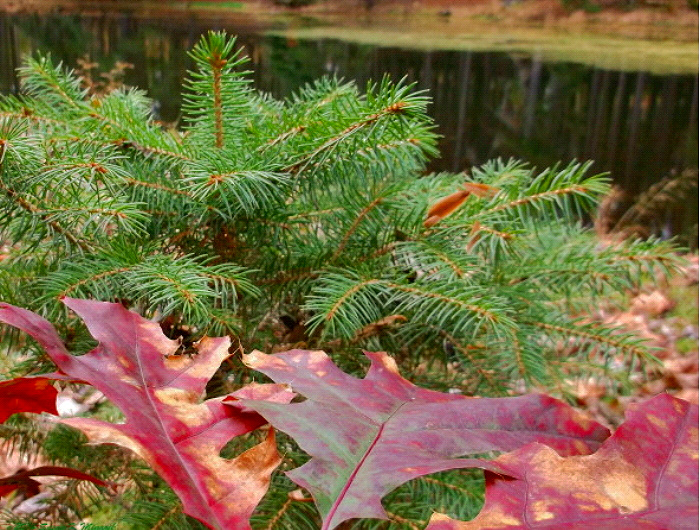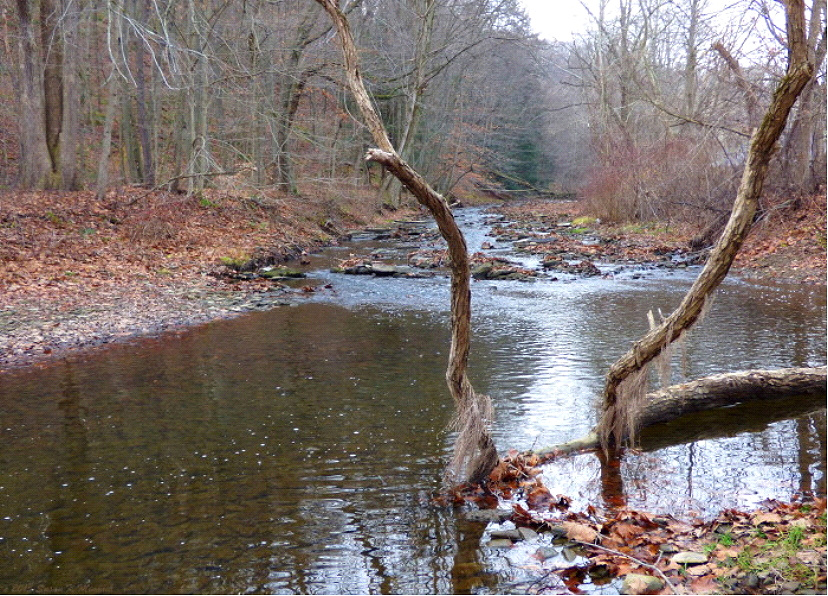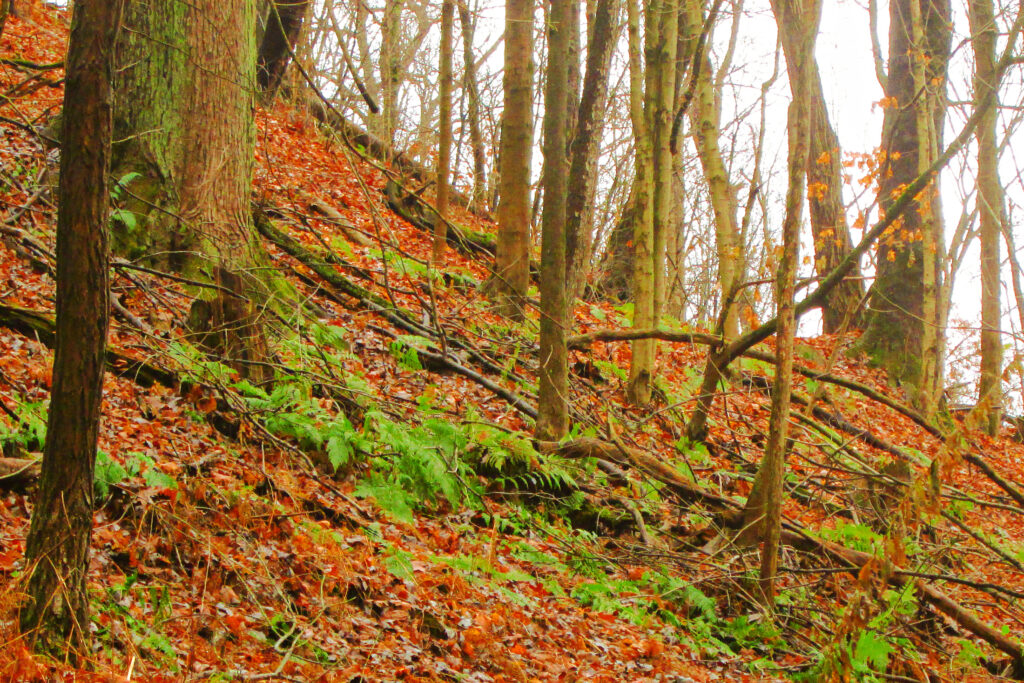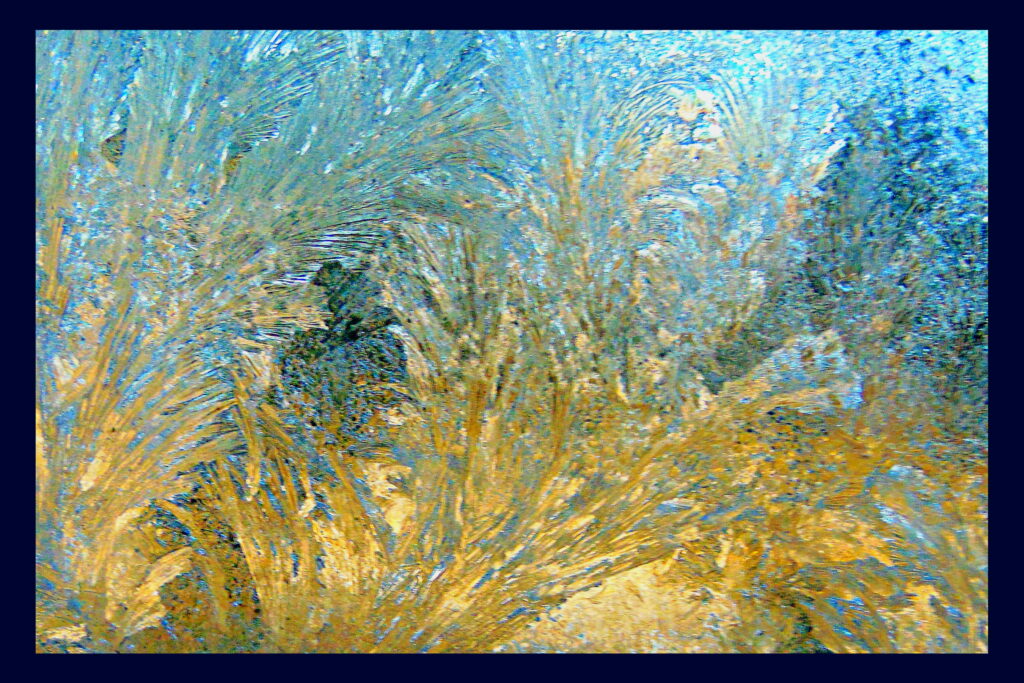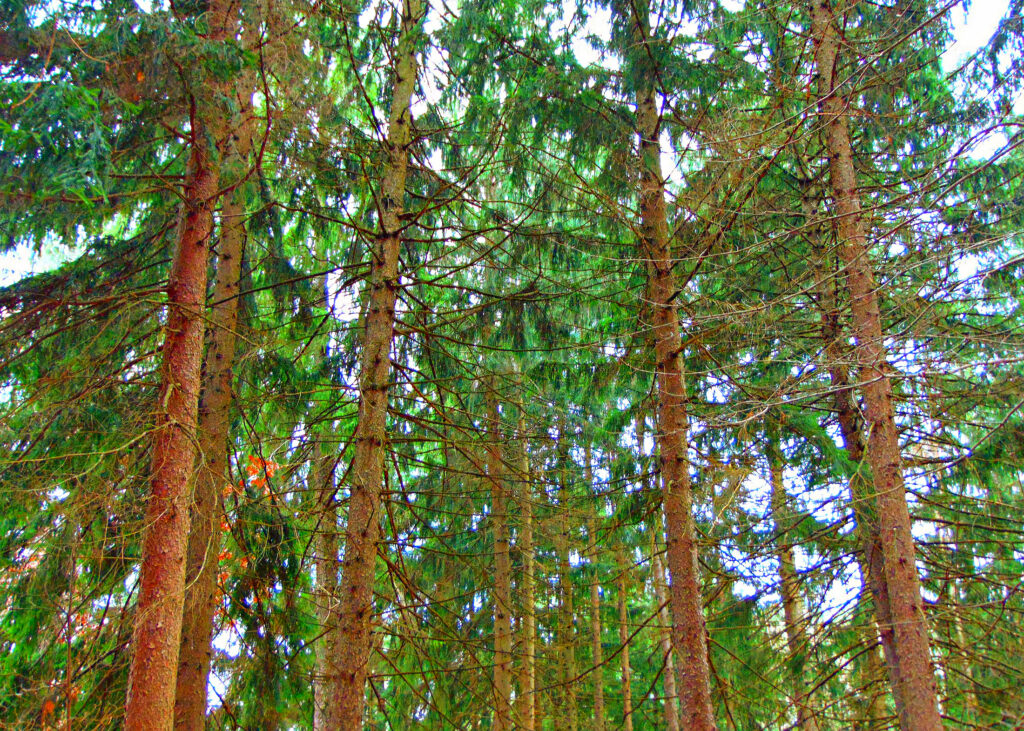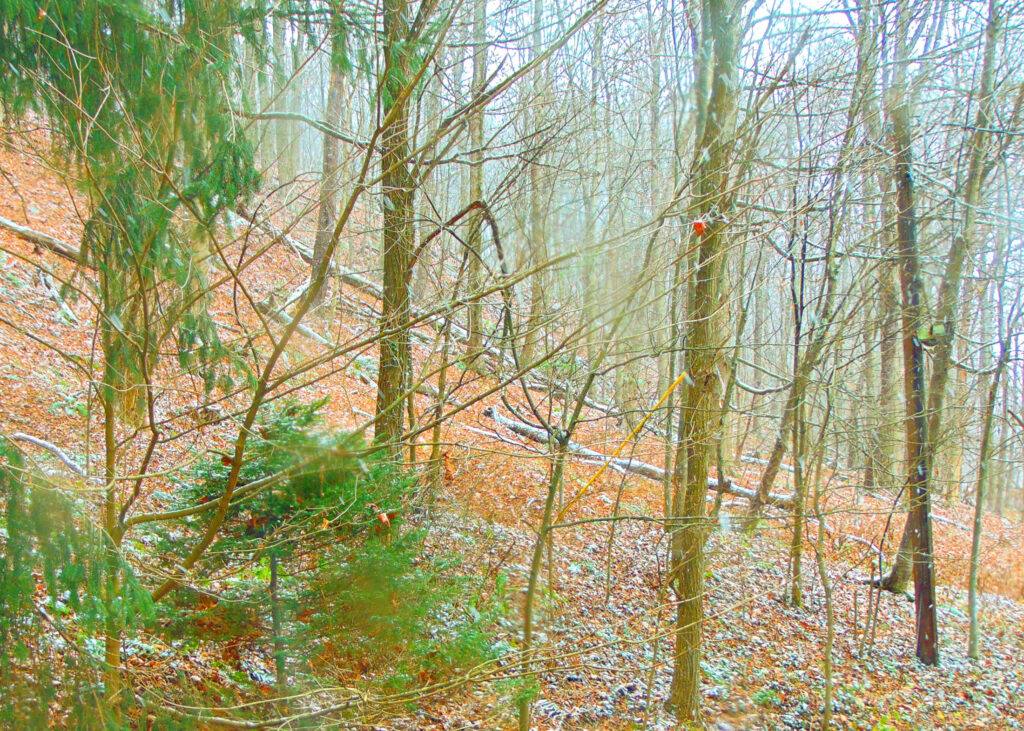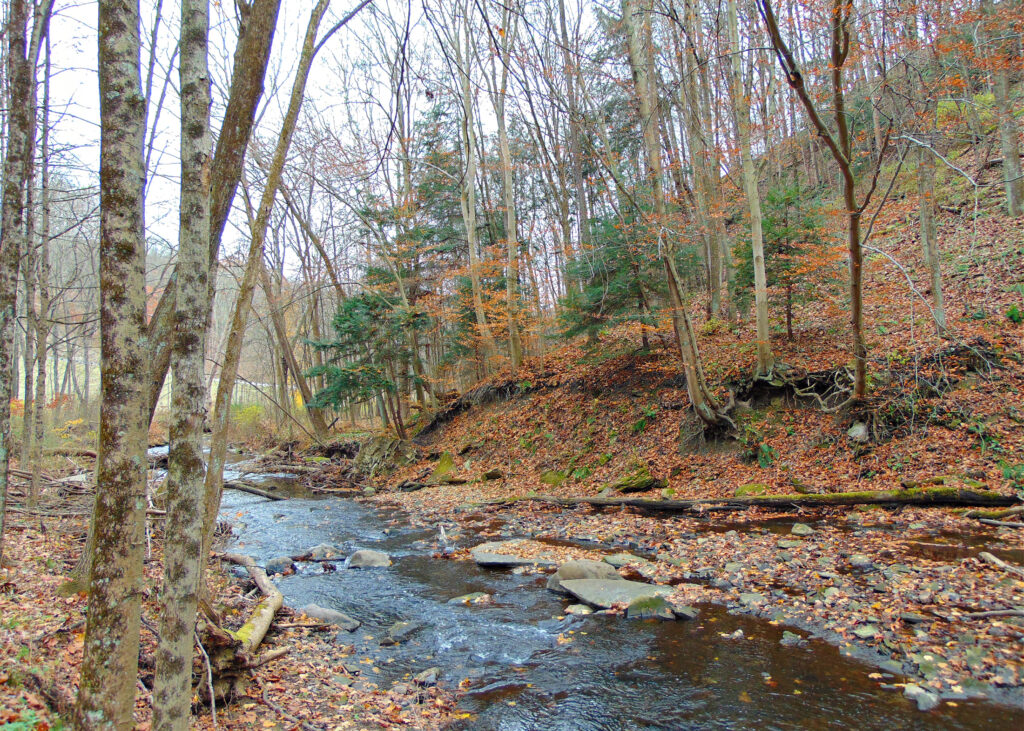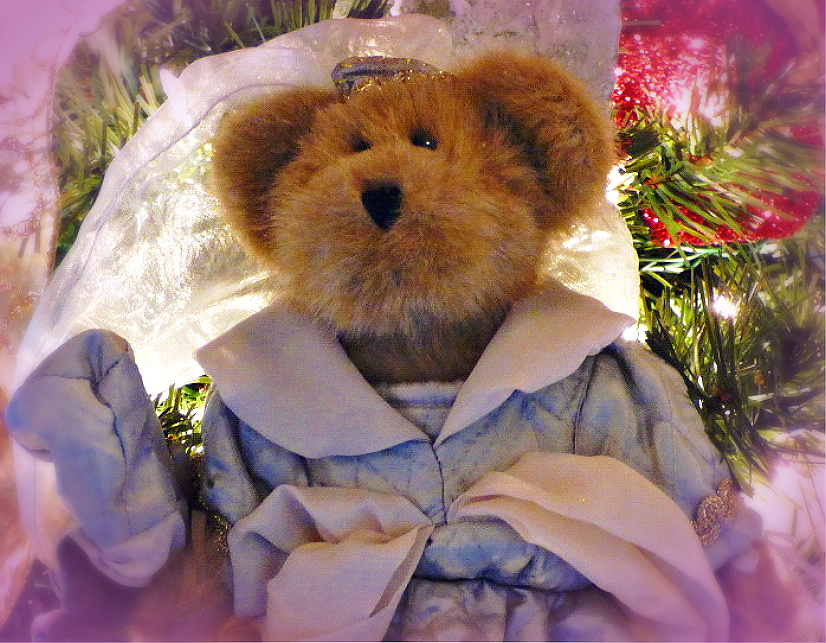
For weeks now, the days had been growing shorter and shorter. Little Pine used to play for hours after dinner, but now the sun set as he was eating. He didn’t mind. His leaf-friends had already gone for the year and most of the forest critters were hibernating or spending their time in their burrows or nests. Besides, he seemed to enjoy sleeping more now that the nights were long.
During the day, he explored the woods on his own or stopped by the elves’ home to ask them to play. Now that the days were growing cold, he seldom saw humans. He kept an eye out for them anyway, of course. He knew the rule: Always stand perfectly still whenever a human might see you.
Sometimes he would see a chipmunk or rabbit or squirrel on his travels, and if he was lucky, he might even see one of the deer. They were all his friends, and he liked telling his mother about his chats with them over dinner. He liked to visit the waterfall to listen to it sing, too, and his mother always laughed when he sang her the songs he learned there.
Mother Pine loved dinner time. She looked forward to hearing about the adventures Little Pine had enjoyed during the day. Today, she had just finished setting out maple seed stew when she heard Little Pine racing toward home shouting, “Mother! Mother! Wait ‘til I tell you who I met today!”
She made him rinse his boughs in the rain log and sit down. Then she smiled and said excitedly, “Well? Who did you meet, Little Pine?”
“A bear!” Little Pine said. “A beautiful bear standing in front of one of our cousins, and the cousin was all decorated with ribbons and lights! The bear said she was Grandmother Bear, and that she was here to begin preparing for the Festival of Light.” The words tumbled from Little Pine so fast that Mother Pine could only laugh at his excitement. “I didn’t know Festival time was coming already! I hadn’t even thought of it yet. No wonder the elves have been so hard to find. They must already be busy.
“I never saw a bear in the forest before, Mom. But Grandmother Bear said they lived nearby and many of them were coming for the Festival this year. Some were even traveling a great distance. Isn’t that wonderful? Bears! Imagine!”
Mother Pine was delighted with the news. She hadn’t seen a bear since she was a little pine herself. She knew, of course, that the Festival was approaching. She had intended to mention it to her son this very night. It was a happy time for them both, marking the return of the sun and the beginning of the season of snow and their long winter sleep.
They talked about past Festivals as they cleared away the dinner. Then Mother Pine tucked her son in for the night and wished him sweet dreams. He gave her a big hug and said he could hardly wait to see what surprises his dreams that night would bring. And with a smile on his face, he fell asleep, whispering, “Grandmother Bear! Imagine that! A real, beautiful bear!”
